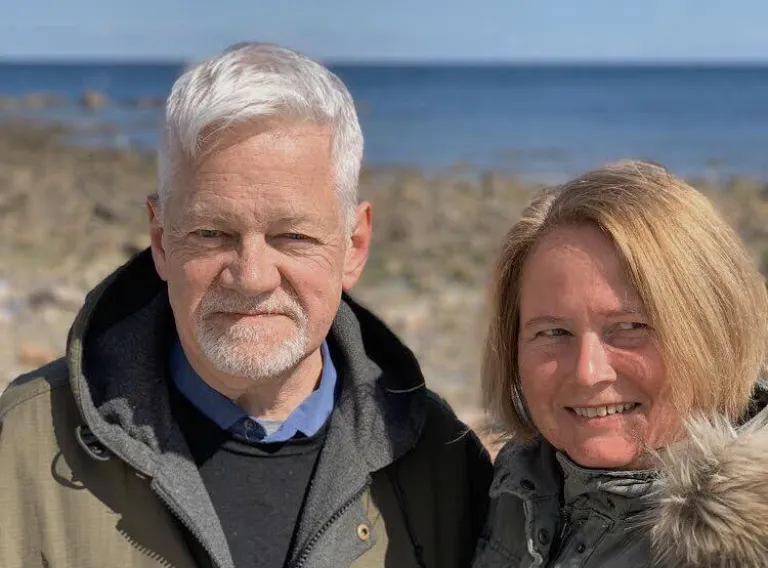
Experts in population genetics and evolutionary biology at the University of Iceland and their colleagues have determined which models are most suitable for evaluating reproduction and growth of the Atlantic cod population. These findings are reported in the latest issue of the journal eLife. The research also significantly advances our understanding of genetic diversity in highly fecund organisms.
The scientists behind the article, which is entitled "Sweepstakes reproductive success via pervasive and recurrent selective sweeps," are Einar Árnason, professor emeritus in evolutionary biology and population genetics at UI, Katrín Halldórsdóttir, researcher at the UI Institute of Life and Environmental Sciences, Jere Koskela, associate professor at the University of Warwick, and Bjarki Eldon, postdoctoral researcher at the Leibnitz Institute for Evolution and Biodiversity Science in Berlin.
The article shares findings from the project "Population genomics of highly fecund codfish", which was awarded a grant of excellence from the Icelandic Research Fund for 2018-2022. "The inspiration behind the research was the high variability in recruitment in the population dynamics of Atlantic cod. We aimed to identify the best models for evaluating reproduction and population growth and changes in highly fecund organisms. The Atlantic cod is a highly fecund species and the cod fishery is one of the mainstays of the Icelandic economy," explains Katrín. Over the course of their research careers, she and Einar have focused on natural selection in this species that is so important to the Icelandic nation.



